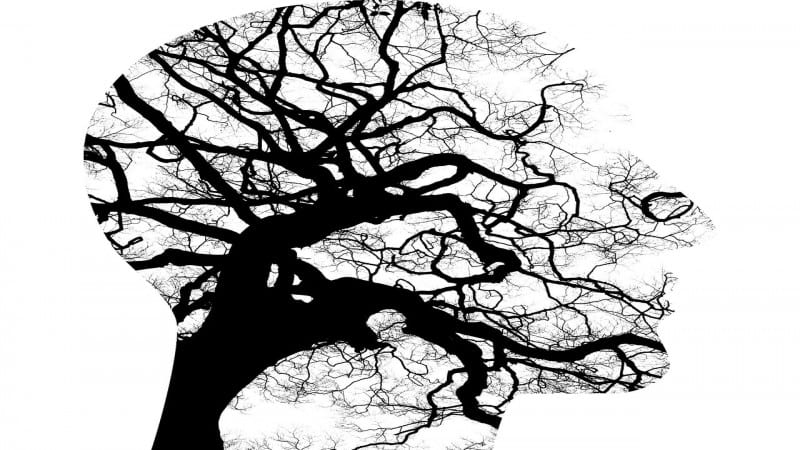Your psychological well-being is very important in terms of cancer recovery. If you are depressed and/or stressed the cell’s respiration becomes inadequate and the chances of recovery decrease. It can therefore be worthwhile to invest heavily and selfishly in your own psychological well-being, to strive for a tranquil soul and to – in spite of everything – try to be at peace with life.
https://www.canceractive.com/category/stress-management-aids-cancer-survival
There are no grounds for a claim that a psychological trauma could be the sole cause of cancer, writes David Servan-Schreiber in his book “Anticancer: A New Way Of Life”. But psychological conditions can “fundamentally affect the earth where the seed develops”, he says. Just as diet, exercise and the quality of the air and water do.
Many cancer patients remember a particularly stressful period, a loss or a traumatic experience during the months and years leading up to the cancer diagnosis. Servan-Schreiber says that these mostly involve setbacks that elicit strong feelings of powerlessness and complete helplessness. Servan-Schreiber references an article from 2006 in Nature Reviews Cancer, which states that such emotional states can give a cancer illness the opportunity to develop more quickly.
But the factors that contribute to cancer development are so many and so varied that no one should ever have to blame themselves for falling ill. People who have been diagnosed with cancer can however learn to live differently and thus contribute to their own recovery.
Researchers should today agree that repressing emotions is not good for you. Is there a specific personality type that could be seen as particularly susceptible to cancer?
There has been some research into this. One study compared heart patients with cancer patients and showed that the cancer patients had a tendency to belittle discomforting experiences, embellish situations, have family secrets (so called type C personalities), while heart patients were capable, impatient, aggressive achievers (so called type A personalities).
Servan-Schreiber notes that the theory of type C personality is appealing but lacks scientific stringency. The reason he presents this theory in his book is that it underlines another factor in cancer development, the feeling of powerlessness mentioned above, which today is the focus of a great many scientific studies.
Regardless which personality type you are there are tribulations that open old and badly healed wounds. For example a study conducted at the University of Atlanta says that “inflammation factors – which contribute to the development of cancer – of depressed adults with traumatic childhoods react unusually strongly to laboratory-induced stress.”
Of course, it is difficult to study whether feelings of powerlessness (never being able to express your emotions and almost never experiencing a deep inner peace) can influence the growth of a tumour.
You can obviously not expose cancer patients to situations that might make their disease worse.
If feelings of powerlessness and despair can further cancer development, can peace and harmony halt it? Yes, there are some cases which suggest that meditation, yoga and breathing exercises have a positive impact. David Servan-Schreiber sees increasing indisputable evidence of this, even if there are no strictly scientific studies of it.
It is however beneficial to meet others in similar circumstances. Or to talk to someone who can handle the cancer patient’s fear, loneliness and anger, but also his/her dreams and thoughts about the future, about death and how he/she manages the situation. It is important to come to the realisation that we are all wounded – more or less – and all ashamed of it and seeking to conceal it through different survival strategies.
We now know that feelings of powerlessness release hormones that activate the body’s “emergency systems”, such as inflammation processes, which make it easier for cancer tumours to grow and spread. Stress worsens the situation.
When we face crises in our lives we are often stricken with helplessness and fear. If those feelings are allowed to remain and become permanent, they can cause physiological changes which can damage the body’s defences. It is therefore important to let go of tensions regularly for example through psychotherapy and conversational therapy, art therapy, meditation, yoga, exercise and breathing techniques.
http://www.alternativmedicin.se/index_Behandlingsformer.html
http://thepsychologyofcancer.com/
https://www.artofliving.org/fi
![]()
